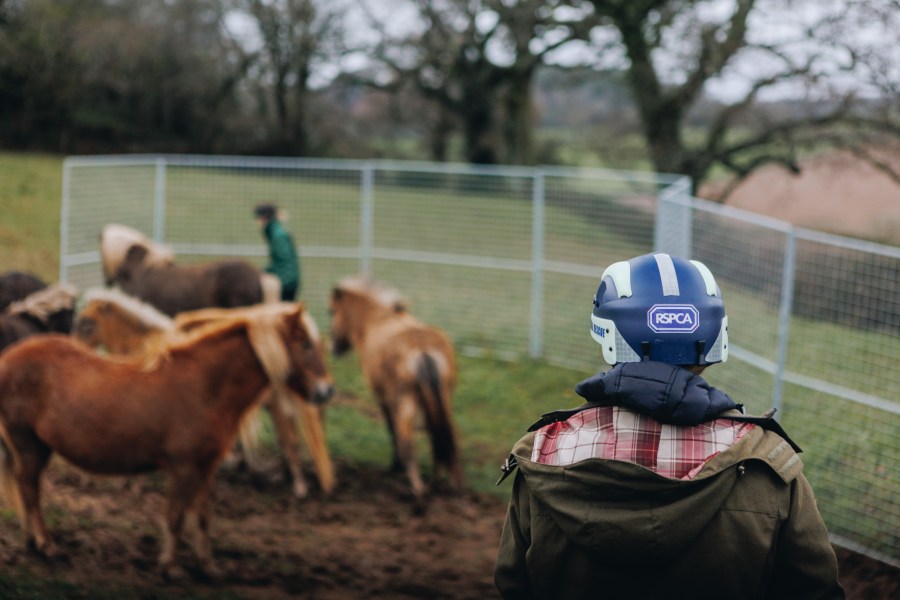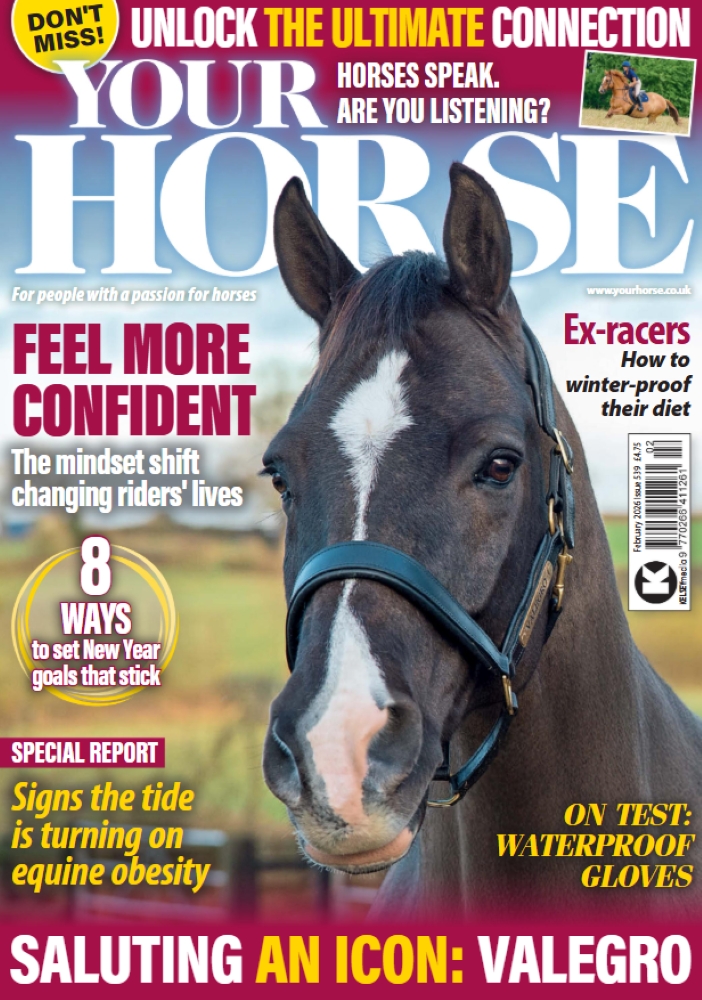Several equine charities have joined forces to save and protect a number of semi-feral herds of Icelandic horses in Devon.
Members of the public raised concerns about the horses in May 2024, prompting a multi-agency collaboration to rescue the animals over a 15-month period.
The Mare and Foal Sanctuary and World Horse Welfare discovered there was unmanaged breeding, pregnant horses living alongside fighting colts and stallions, high worm burdens and several horses with life-threatening injuries among the 70-strong herd.
Gradual process
The charities joined forces with the RSPCA, The Donkey Sanctuary and Redwings Horse Sanctuary to remove the horses gradually over several months in a vet-led process.
Injured horses and those deemed most at risk by the vets were removed first, followed by mares and foals in need of specialist care, then stallions. Healthy mares and foals were taken last. By the end of summer 2025, all horses had been safely moved into the care of the charities.
“I am deeply relieved that all horses involved in this case have now been safely removed,” said Leah Brock, senior field officer at The Mare and Foal Sanctuary.
“It has been truly humbling to witness the way each charity stepped forward without hesitation, offering their time, resources, and expertise to ensure these equines received the care they needed.
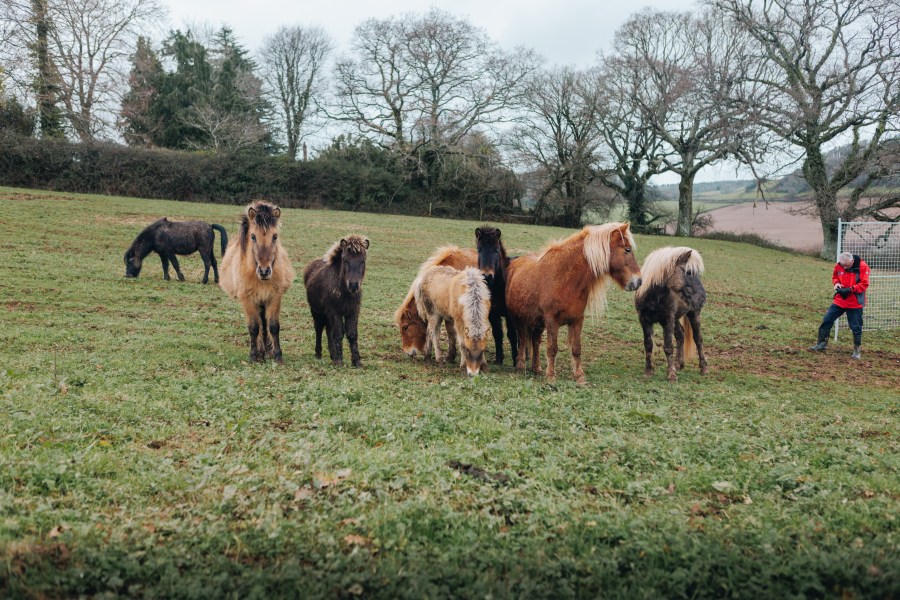
‘Significant manpower and perseverance’
“The commitment shown to alleviating potential suffering has been nothing short of inspiring. This operation demanded significant manpower and perseverance, often in challenging weather conditions,” continued Leah.
“I am incredibly proud of the role we’ve played in bringing this case to a positive conclusion.”
Co-operation from the owner ensured the horses were signed over in stages over several months to The Mare and Foal Sanctuary, World Horse Welfare and RSPCA. All the charities involved in this operation have been united in encouraging all equine owners who may be struggling to come forward and ask for help.
Expertise required
“This multi-agency approach demonstrated what can be achieved when charities collaborate towards common goals,” said RSPCA inspector Sarah Morris.
“Each charity contributed specialist skills and knowledge, which allowed us to support the horses and the owner.
“We encourage the public to work with us, follow guidance, and correctly manage the welfare of their animals, and reach out for help when needed.
“I cannot praise enough the work of the equine charities involved in this operation; what we achieved was truly amazing.”
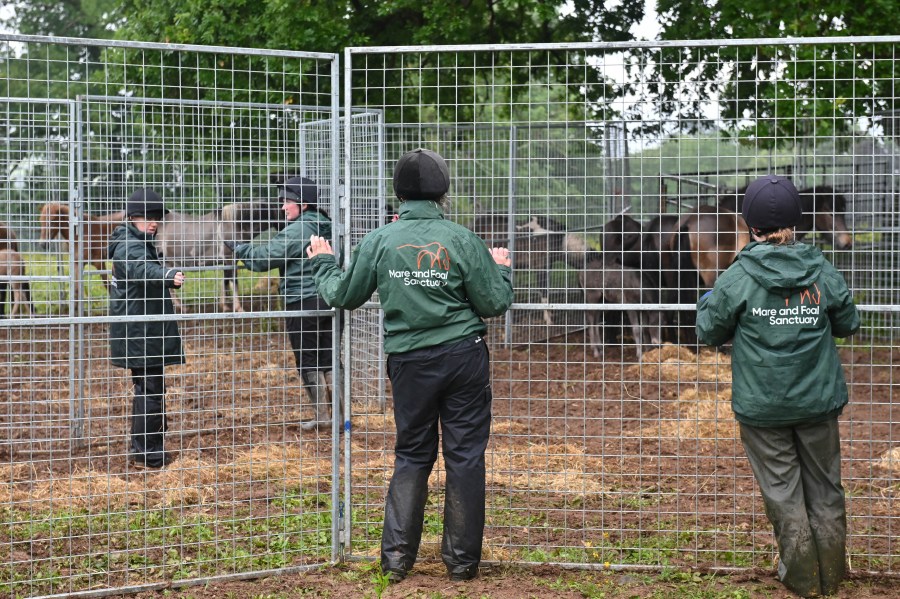
New beginnings
All of the horses taken in are receiving expert care and attention at locations linked to World Horse Welfare, The RSPCA, The Mare and Foal Sanctuary and Blue Cross. Following a period of rehabilitation and training, it will be decided whether each horse can be rehomed or whether they will remain at a charity site.
Some of the horses had to be euthanised to prevent further suffering. These equines were carefully assessed by vets, and some were found to be suffering from old injuries and illnesses that could not be managed due to the horses being unhandled.
“I’m delighted that by working together in this way, we’ve managed to safeguard the future of these lovely horses,” said World Horse Welfare’s deputy chief field officer Jon Phipps.
“We had major concerns for their welfare, and without rapid intervention, an already unstable situation was in danger of spiralling totally out of control.
“World Horse Welfare have taken in a large number of the horses across two of our rescue and rehoming centres and the teams have been very impressed by the way they have taken to the rehabilitation process on our farms.
“The resilience, friendliness, and quick learning they’re already demonstrating, having arrived pretty much unhandled, is a real tribute to the Icelandic breed.”
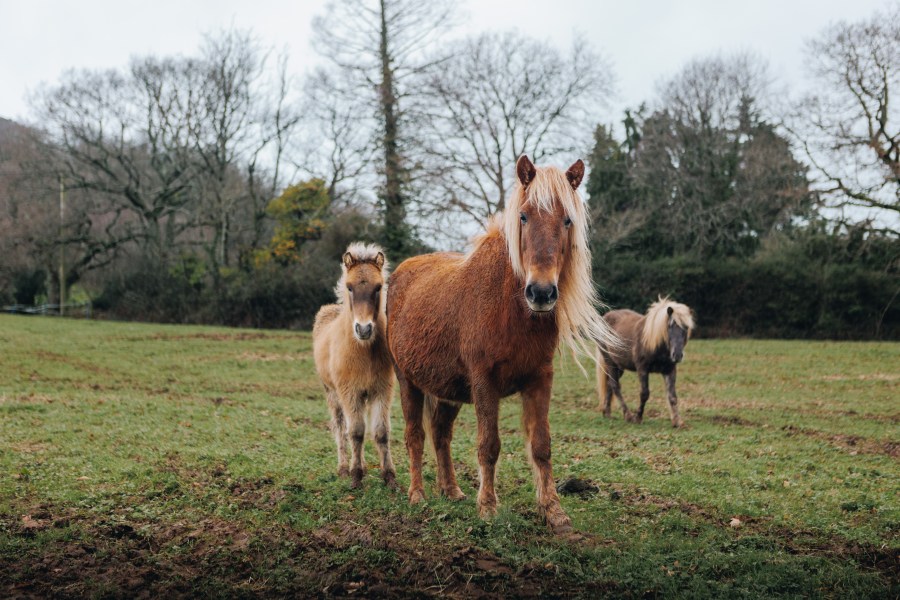
About the breed
Icelandic horses are a hardy and versatile breed which are known for their strength, agility, and thick coat. They are often used for riding, driving, and as working ponies. There are estimated to be around 1,000 Icelandic horses in Britain.
Images © The Mare and Foal Sanctuary.

